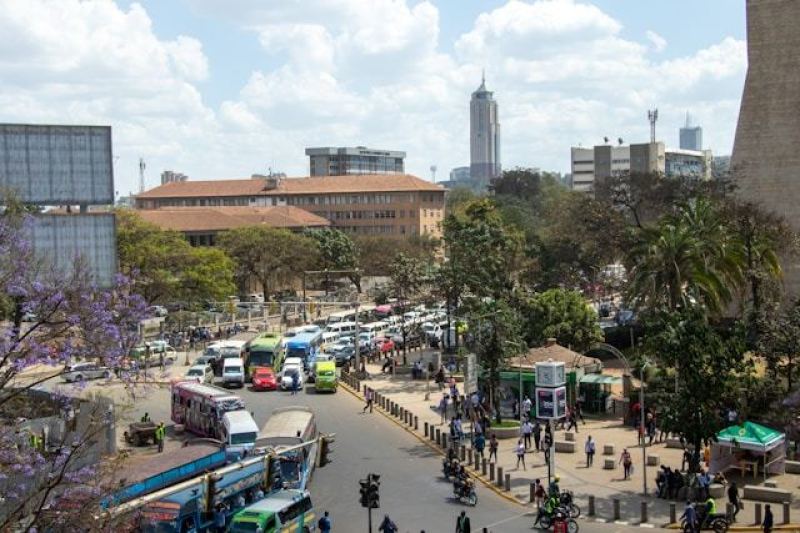
Religious leaders and legal experts in Kenya have expressed strong opposition to a proposed bill aimed at regulating religious organizations. The Religious Organisations Bill, 2024, drafted by Senator Danson Mungatana, has sparked controversy due to its potential impact on religious freedoms and practices.
The bill proposes several measures that have alarmed religious communities, particularly evangelical groups. One contentious provision prohibits the conversion or recruitment of individuals, especially minors, without parental consent. This has raised concerns about the future of student evangelism and school gospel missions, with some religious leaders warning that such activities could be criminalized.
Pentecostal Voices of Kenya, an umbrella organization for independent Pentecostal churches, has argued that the bill's language is ambiguous and could infringe on constitutional rights to freedom of worship. They fear that legitimate evangelism could be misinterpreted as coercion under the proposed law.
The bill also introduces strict registration requirements for religious organizations, including a minimum membership of 25 people and endorsement by an umbrella religious organization. Failure to comply could result in hefty fines or imprisonment. Additionally, the proposed establishment of a Registrar of Religious Organisations has raised concerns about potential political interference in religious affairs.
Senator Mungatana has defended the bill, citing the need for regulation in light of recent tragedies involving extremist religious groups. However, many religious leaders argue that the proposed measures are too broad and could unfairly impact legitimate religious activities.
The debate surrounding this bill highlights the complex balance between ensuring public safety and protecting religious freedoms in Kenya. As discussions continue, stakeholders are calling for more consultation and careful consideration of the potential consequences of such legislation on religious practices in the country.


















